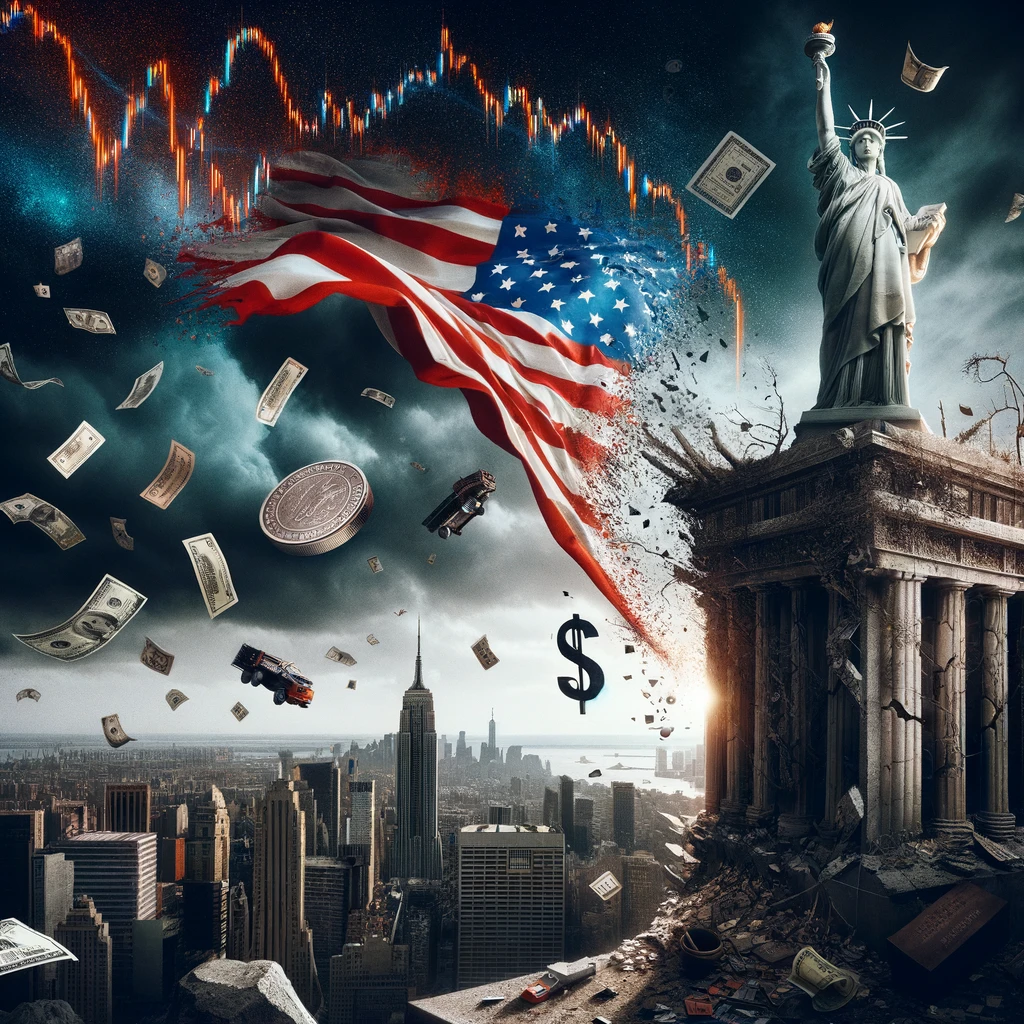Elon Musk, the billionaire CEO of Tesla and SpaceX, has recently thrown a punch at the current state of the U.S. economy, aligning his views with those of the ambitious BRICS nations. His critiques highlight a reckless fiscal path, one involving excessive spending, skyrocketing debts, and the reckless printing of money. This scenario predicts a grim future, suggesting that if changes are not made soon, America could find itself in a financial abyss.
The BRICS countries—Brazil, Russia, India, China, South Africa, Ethiopia, UAE, Iran, and Egypt—have expressed similar concerns, distancing themselves from the U.S. dollar due to the fear that America’s financial instability could harm their economies.
Musk Echoes BRICS’ Concerns
The tech mogul’s alarm over the U.S. dollar’s fate is not unfounded. With a national debt exceeding $34 trillion and a penchant for printing money as a quick fix, the U.S. is on a precarious path. The situation is so dire that Musk has compared the dollar to a meme coin from the cryptocurrency industry—a super volatile currency that has very little technical basis, therefore has no credibility.
BRICS is actively seeking alternatives to the U.S. dollar, aiming to reduce dependency on a currency that is this increasingly volatile. Their efforts to de-dollarize include welcoming new members into their bloc, with several countries already transitioning to trade in their local currencies. This strategy signifies a growing movement away from traditional economic powerhouses like the U.S. and the European Union.
The expansion of BRICS and its push for economic autonomy has shook global financial systems. Notably, U.S. Senator Marco Rubio has shared his concerns that the growth of BRICS could undermine the effectiveness of U.S. sanctions and threaten the dominance of the SWIFT financial system, which has been a kind of bedrock for international trade.
The Effects of De-Dollarization
The de-dollarization drive by BRICS is a clear indicator of changing global economic powers. With Russia and Iran already bypassing the SWIFT system for their trades, a precedent has been set for alternative financial networks that do not rely on the U.S. dollar. This movement could weaken the dollar’s stronghold as the world’s primary reserve currency, posing significant challenges to the U.S. and its allies.
It’s clear that the West’s resistance to BRICS’s growth and economic plans comes from deeper worries and strains about the future of the global economy and who controls it. There could be a huge change in economic power as more countries join BRICS and adopt its ways of doing business and handling money. The U.S. dollar might not be the most important currency in the global economy after this.
Musk and the BRICS countries say that America is at a very important an impasse. Continuously spending more than you earn, accumulating debt without any checks, and relying on the printing press for economic answers are all bad habits that put America’s financial security at risk. Without a significant course correction, the consequences could be dire, not only for America but for the global economy at large.
The concerns raised by Musk and echoed by BRICS underscore the need for a reassessment of America’s economic policies and practices. The warning signs are clear, and the time for action is now. The question remains: will America heed the warnings and chart a new course, or will it continue down the path that leads to its predicted downfall?





